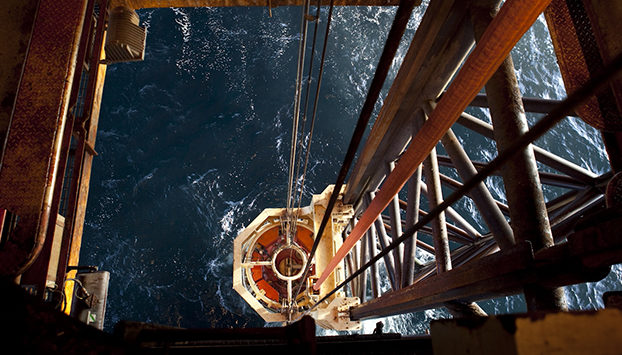
North Sea oil production will rise to its highest level so far this year in September, up 5.6 percent on August at 1.988 million barrels per day (bpd), according to loading schedules.
These large volumes are likely to pressure North Sea price differentials and weigh on Brent crude futures LCOc1, which are trading below $50 a barrel due to a global supply glut
Refinery turnarounds also loom, with plants using less crude due to maintenance work.
“It’s a lot of oil for the time of year when refiners prepare to go offline for seasonal maintenance,” said Abhishek Deshpande, an oil analyst at Natixis in London.
“With the existing glut in the market, increased North Sea loadings only mean one thing – more overhang of crude in the North Sea and potentially further weakening of North Sea crude differentials.”
September’s Brent, Forties, Oseberg and Ekofisk (BFOE) loadings are also the highest so far this year at one million bpd, up 17.5 percent from a revised 851,000 bpd in August.
The August numbers were revised downwards with the loss of two Ekofisk cargoes, one of which was deferred into September. A Brent cargo was also dropped from August. (Full Story)
The Forties programme lists 23 cargoes, which the European market will probably struggle to absorb, so the question is how much will go to Asia. To date no September fixtures have emerged although at least one VLCC is expected to make the trip.
However, some analysts questioned how much more North Sea crude Asian refiners would need given that some are already cutting runs (Full Story) and maintenance is pending.
Virendra Chauhan, an analyst at Energy Aspects, said Asian run cuts were a function of plummeting Asian diesel cracks. “Asian light crude differentials continue to weaken and we see this spilling over to the Atlantic Basin crudes too,” he said.
Deshpande added that China still seemed to be importing sizeable volumes, but demand growth was slowing and margins didn’t look great. “Given that they have already imported a lot of oil, they might be close to filling some of their existing storage,” he said.
Recommended for you
